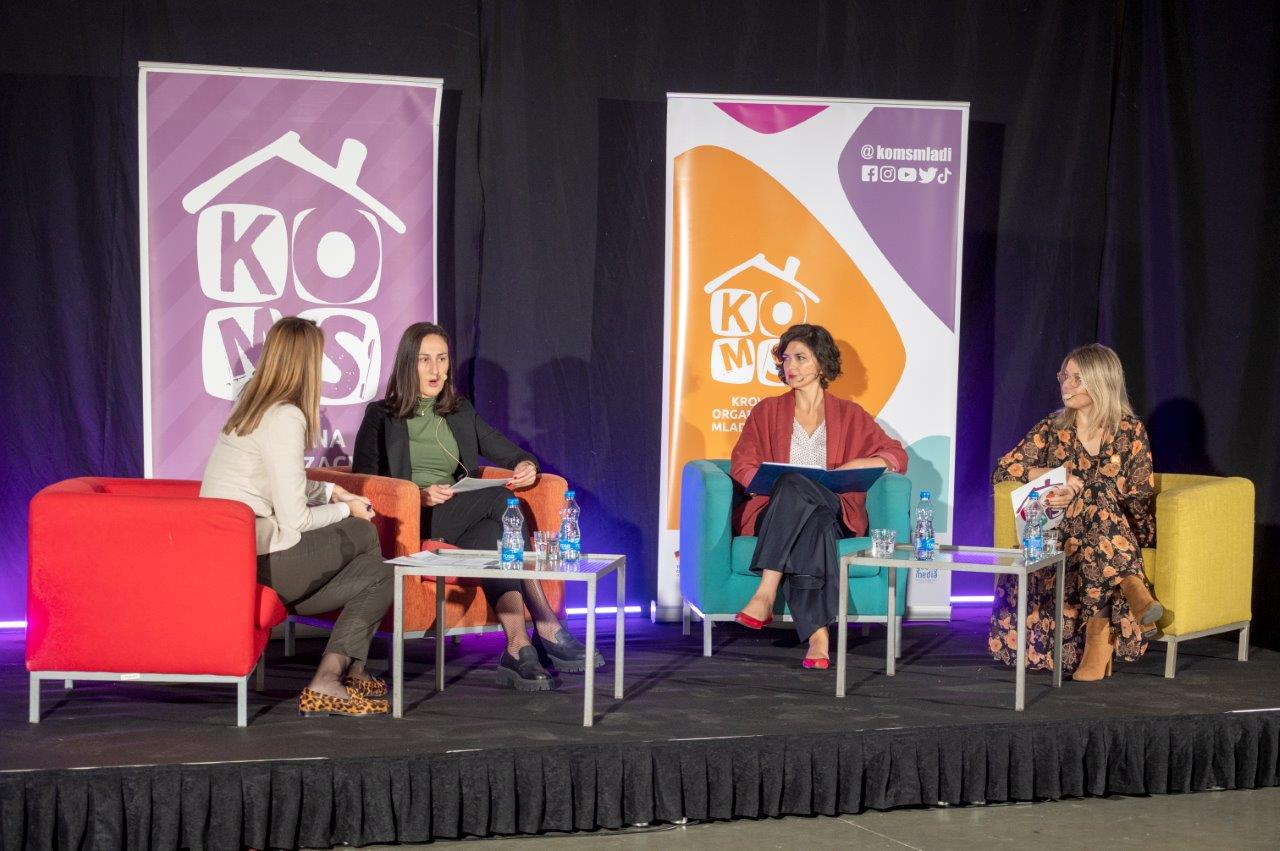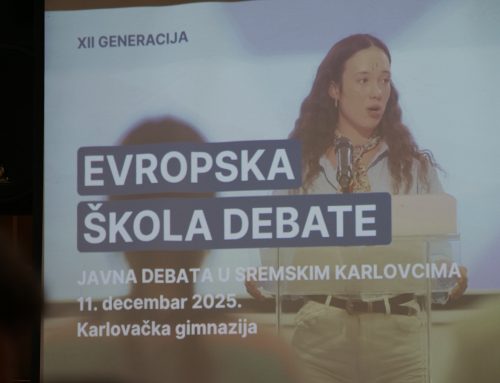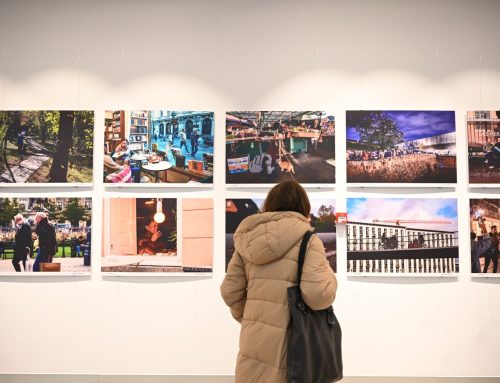Organising young people is necessary for creating changes, and informal groups of local communities, as well as spaces for young people, play a big role in this. Therefore, it is necessary to provide more programs and support that would strengthen informal groups and enable them to become sustainable youth associations. Intersectoral cooperation is the basis of the development of spaces for young people, and this is not only financial support, but also active cooperation of the civil sector, institutions and young people. These are just some of the conclusions of the “Youth and Local Institutions” conference established as a platform for dialogue and connection of local actors of youth policy and their cooperation with the national level, but also with young people.
There are over a million young people in Serbia and they make up 1/6 of the population. According to the available data, young people believe that the biggest problems they face in society are unemployment, the education system, corruption and environmental protection. Unlike their peers in the European Union, who find their first job within a few months after they finish the education process, young people in Serbia actively seek employment for up to two years. This economic situation is also reflected in their housing issue, so a young person in Serbia moves out of their parents’ home when they are no longer young – at the age of 31, while the average in the EU is 26 years.
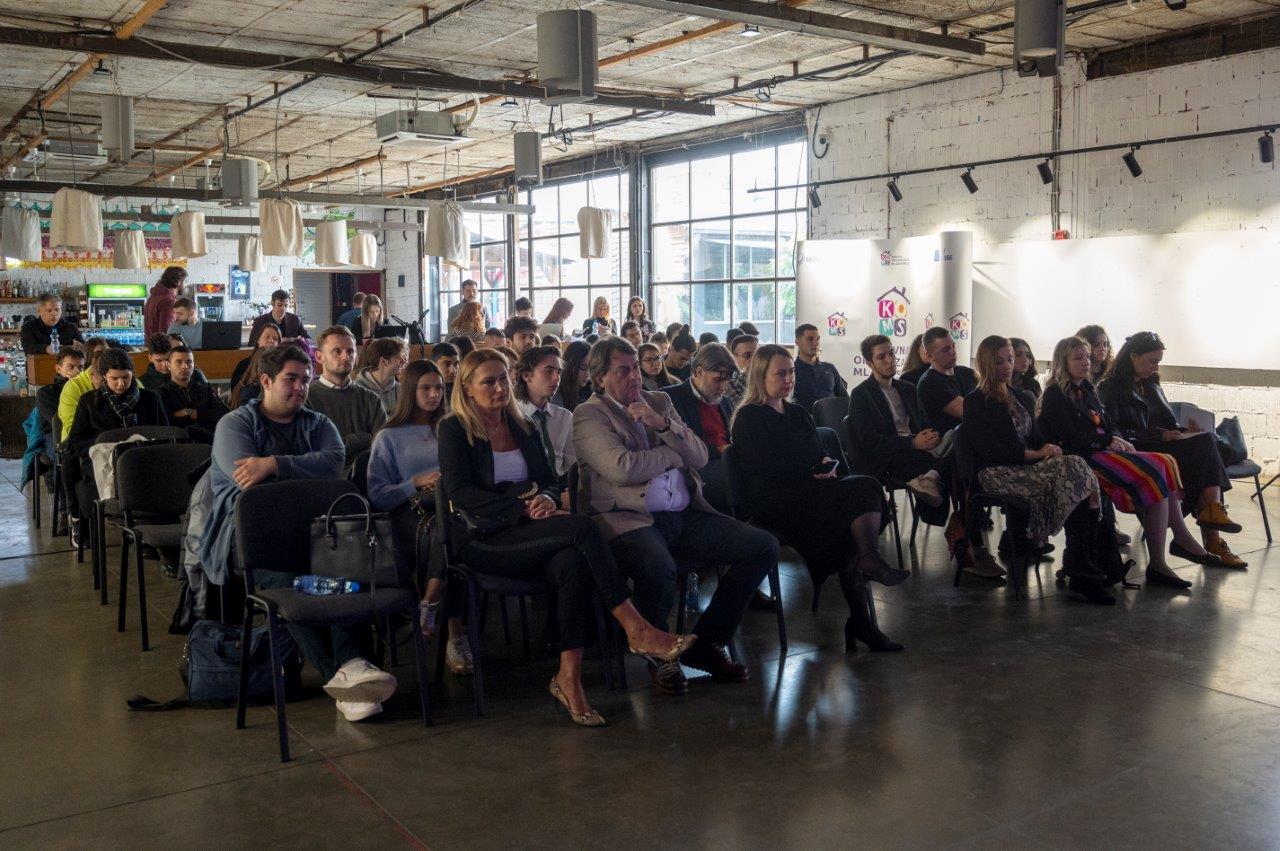
When it comes to trust, young people do not trust institutions, but they want to be involved in processes that concern them. On the other hand, there are instruments of local youth policy such as local action plans, funding of youth policy, local youth councils, youth offices, involvement of civil society, as well as the establishment and operation of youth clubs and youth centres. It is necessary to connect young people with local and national youth policy actors in order to change the statistics and allow young people to jointly participate in the decision-making process at all levels. Therefore, a special aspect of the conference is dedicated to young people in the local governments of Bajina Bašta, Zrenjanin, Užice, Ćuprija and Zaječar.
During the conference, Plamena Halacheva, the Deputy Head of the EU Delegation to Serbia, addressed the attendees, who pointed out that it is important to support young people starting from the local to the national level. She congratulated Serbia on being the first country outside the European Union to apply the EU Dialogue mechanism with youth through the work of the National Youth Council. She emphasized that she supports initiatives that improve the position of young people and stated that she is happy that the European Union has the opportunity to support various initiatives through the Erasmus+ program, as well as the reconciliation of young people throughout the Western Balkans through the work of the Regional Youth Cooperation Office.
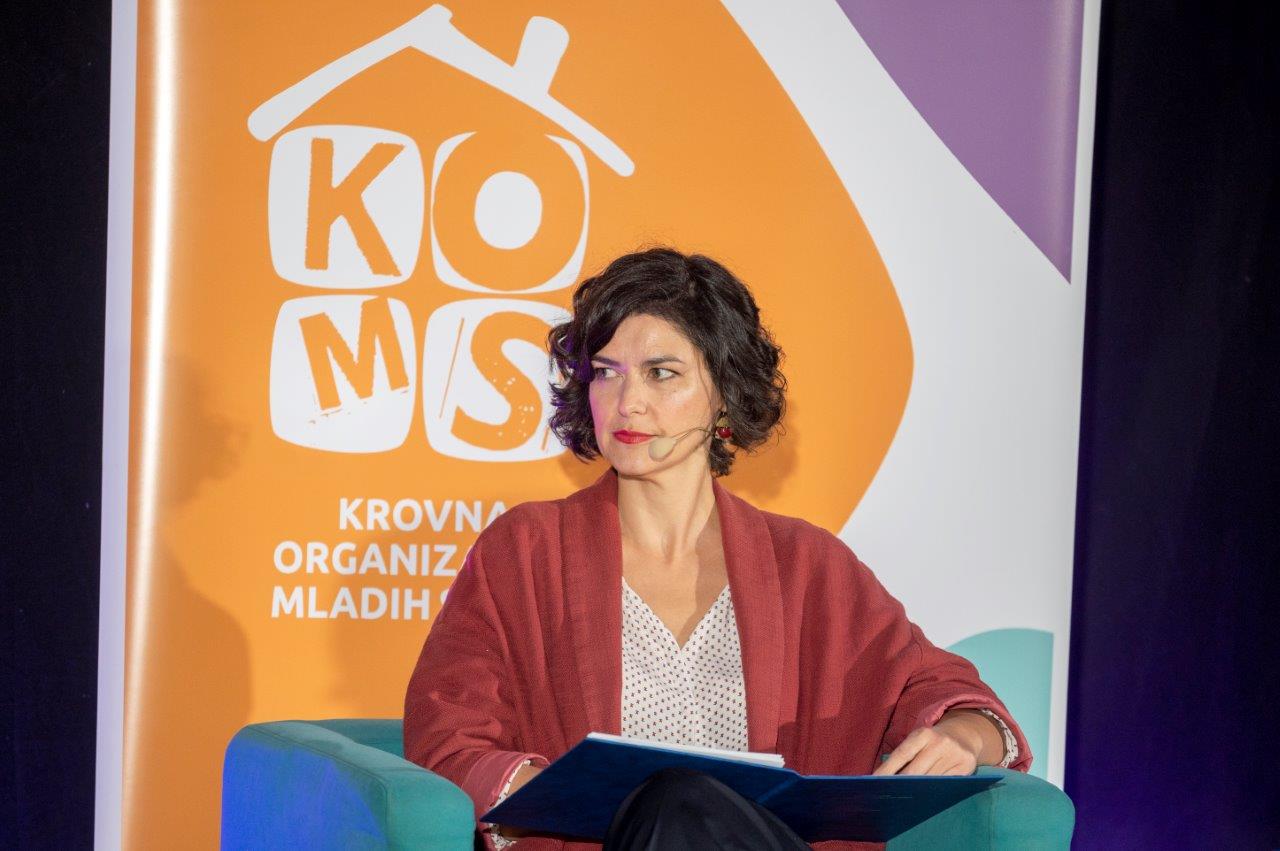
Assistant Minister for Tourism and Youth, Ivana Antonijević, spoke on behalf of the Ministry of Tourism and Youth and said that the department, together with other ministries, will work on strengthening youth organization at the local level.
Gordana Adamov, President of the Managing Board of the National Youth Council of Serbia, emphasized that youth policy is there to build a democratic society, which critically reflects on the system in which it develops, and produces active and responsible citizens, those who are ready to create positive changes in their own environment.
A Cooperation Agreement was signed between the National Youth Council of Serbia and the Serbian Association of Employers in the continuation of the conference, in order to jointly work on the development of the program for the implementation of the Youth Guarantee, as well as other documents related to improving the employability of young people.
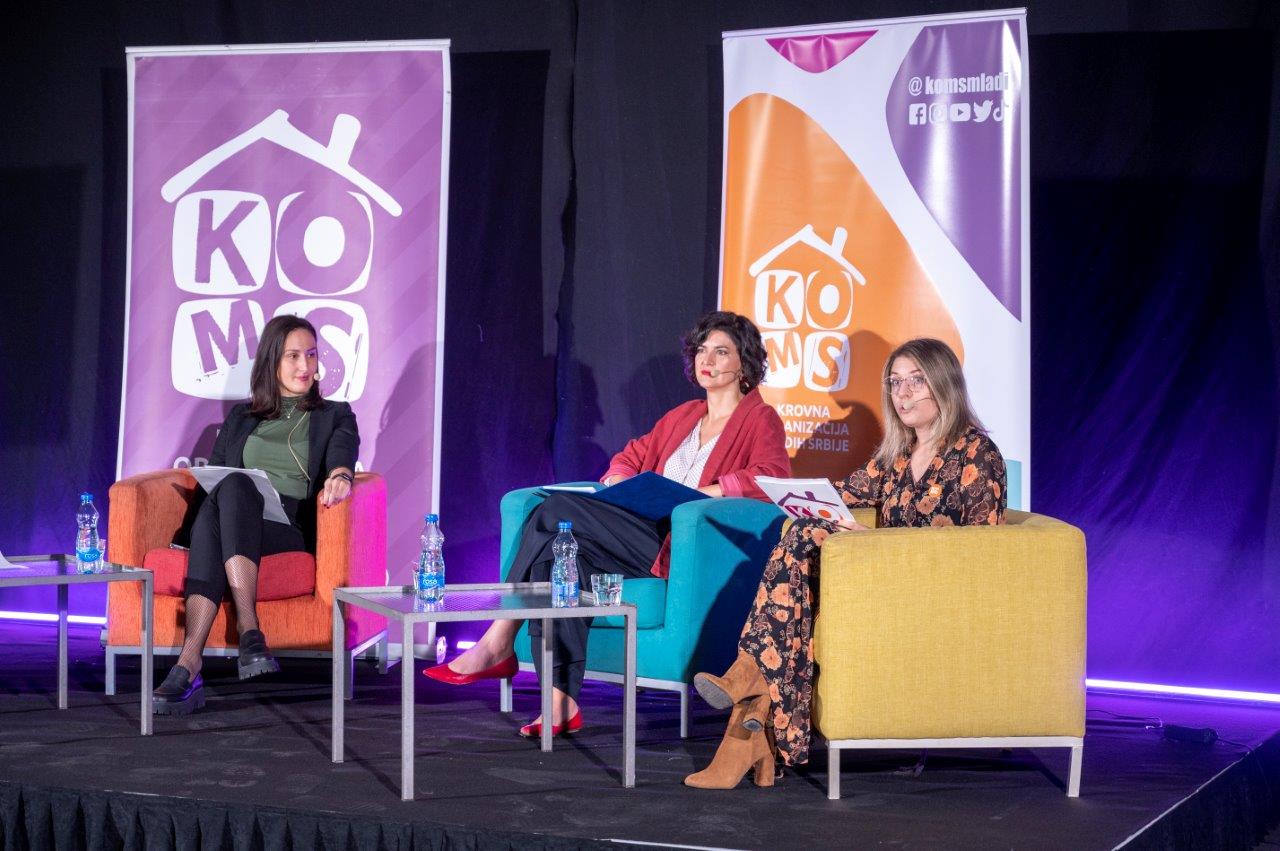
Youth Guarantee is a program implemented by EU member states and entails the obligation to provide young people aged 15 to 30 with an offer for employment, training or internship. Serbia and the European Union have signed a Cooperation Protocol on the Youth Guarantee program, and you can find information about it here.
The conferences were realized by the National Youth Council of Serbia, an alliance of over 100 youth associations and associations for young people, which represents the highest independent representative body of young people in Serbia, as part of the Youth Dialogue, within the Erasmus+ program of the European Union.

